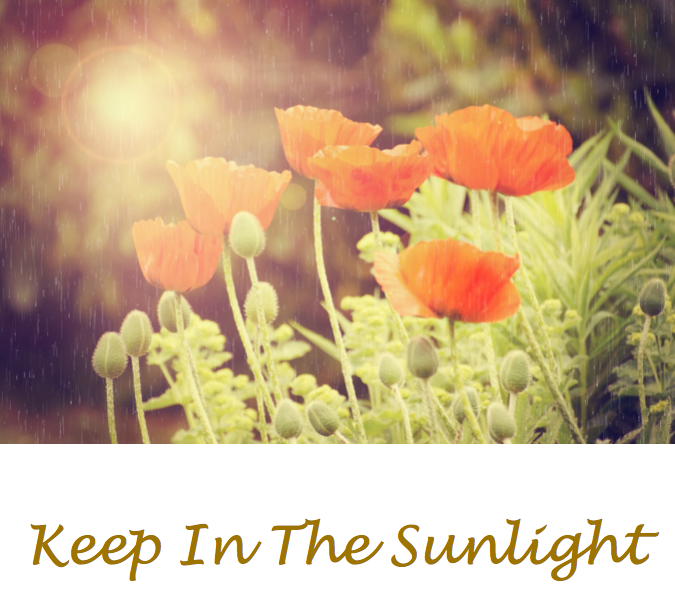
Mostly… MOSTLY… I found it far better to hear something from people after my miscarriage than nothing. Silence and not acknowledging what had happened, stung more than I can say. That said, there were definitely some things that were said or done that were hurtful. And, after reading many articles on the topics of miscarriage and infant loss, I’ve seen some other reoccurring themes of upsetting comments. I hesitate to even write this, because I think people (including myself!) get so nervous about what to say or not say after a tragedy that they simply ignore (at least, outwardly) the person or ignore the loss. And that truly, truly sucks. Also, people have different opinions on what a ‘wrong’ comment is, and I know during heavy grieving, that can change by the hour. All this being said, I’ll share a couple of the things that upset me, and some of what I’ve read:
-Again, the times people said NOTHING were the worst. Whether I saw them soon after the miscarriage or months later, there were people who absolutely knew about my miscarriage and said nothing at all. And I get that life gets crazy and we all get distracted, but I was surprised by the silence. And sometimes I was also surprised by who stepped up and was present and who wasn’t. It wasn’t always who I would have guessed. But the times people didn’t say anything at all or at least offer an extra-long hug or hand squeeze – those times really hurt.
-There were a (fortunately) rare couple instances when people kind of told me in a weird, roundabout way that the miscarriage was my fault. Someone invited me over for dinner and in a not-so-subtle way let me know that the foods she was serving were the foods that would support a healthy pregnancy. She had eaten these foods during her ‘successful’ pregnancy, so it felt like she was trying to tell me that had I done the same, I wouldn’t have miscarried. (As an aside, any woman who has lost a baby has spent a great deal of time blaming herself and her body for failing her baby. She does not need more of this un-founded guilt. Zero percent.)
–Medical professionals (not our usual ones, fortunately) basically told me that I had a miscarriage because I had chosen to get pregnant at such an old age. I was 36.
–One older woman told me that it seems like all the young people are having miscarriages these days. I don’t think she was trying to suggest it was their fault, but that it was basically dangerous to get pregnant at all(?). I gently suggested maybe more women these days were willing to talk about it and that medical advances let these women know they were pregnant at an earlier stage than might have been possible in years earlier.
Some of the articles I’ve read, said these sentiments were also very hurtful:
-‘You’ll forget.’ An implication that this will be a mere bump in the road and won’t mean that much in the long run.
-‘They’re in a better place.’ Whether a family is religious or not, I’m guessing most families feel the best place for their babies is in their arms.
-‘At least you’ve got other kids.’ Uh…. I have no words for this. If one of your most beloved loved ones passes away, does this mean it shouldn’t effect you because you have other loved ones? This one baffles me beyond belief.
-‘You’re still so young.’ I think the implication is that the couple could have more children…and then what? The absurd idea that having other children replaces one who is gone is beyond hurtful.
-‘When are you going to go back to work/try to get pregnant again/stop mourning?’ No. Nope. Not ok.
-Basically any sort of comment that a person has mourned too long or shouldn’t be mourning in the way that they are or that they need to move on. Those comments – no.
-Also, any expectation from the parents to answer questions, respond to messages, show up for events. I think it’s important to check in and maybe even put out invitations eventually, but with an absolute zero expectation of hearing back.
I’m surely missing other ones, but these are some that have come to mind. In another post I talk about the book, There’s No Good Card for This. I’m by no means an expert on what to say or not say. But books like this are a helpful guide. I don’t think ‘being there’ has to be overthought. We’re in a time when we can look up articles in an instant about helpful things to say (or NOT say) or we can reach out on social media to get people’s opinions. But mostly, we can reach out directly via email or text with a hug or a heart or a “I don’t know what to say, but I’m thinking of you and you’re in my heart.” Or, “I’m thinking of you today.” There are ways to be there- to show your support without being suffocating and to say you care without saying something hurtful. Maybe we all need classes on what to say in difficult situations, so we can be present for each other.
(Here’s a podcast episode on the topic of supporting parents after baby loss.)




